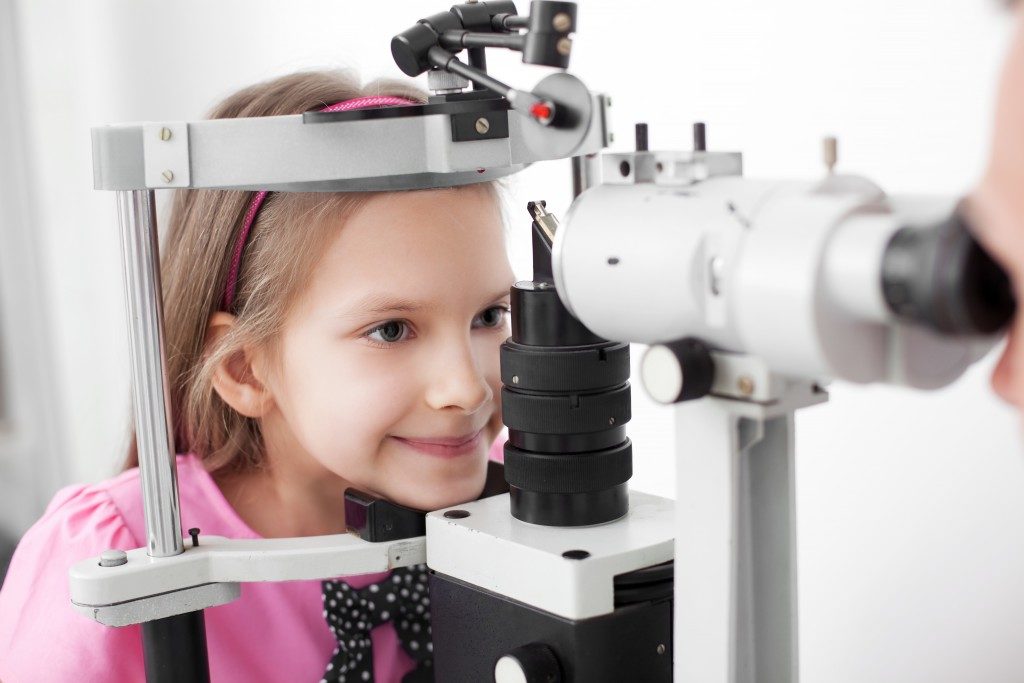In today’s digital age, even young children and people without a family history of poor eyesight are now affected by vision problems. Wearing spectacles is now so apparent among young adults that it has turned into a fashion statement.
Eyeglasses indeed make a good fashionable accessory. Even with contact lenses being an option, you still have to take them off before sleeping, clean them every day, and apply eye-drops frequently. In other words, it’s too high-maintenance.
That said, it’s extremely important to take care of our eyesight, especially when it’s already bad because it can get worse with age. Diabetes, glaucoma, and cataract are some of the known diseases that can lead to blindness and are common among older adults. Even with top surgeons who can perform the best types of glaucoma and other eye surgery to try and restore excellent eyesight, prevention is still better than cure.
Essential Eye Care Tips
1. Balanced Diet
Our eyes love leafy vegetables, oily fish, protein-rich food, citrus fruits and juices, as well as pork and oyster. These foods contain the essential nutrients our eyes need, such as lutein, zinc, omega-3, and vitamins C and E. Take note that non-meat protein sources like nuts, eggs, and beans are healthier than meat, so consume more of those.
A balanced diet also keeps our weight healthy, lowering our risk for obesity and type 2 diabetes, which is known to be a common cause of blindness among adults.
2. Wear the Right Sunglasses
 When you’re out on a sunny day, never forget your sunglasses. Even if you’re not looking directly at the sun, its UV rays can still harm your eyes. Invest in sunglasses that can resist 99% of UVA and 100% of UVB rays. When driving, wear one with polarized lenses.
When you’re out on a sunny day, never forget your sunglasses. Even if you’re not looking directly at the sun, its UV rays can still harm your eyes. Invest in sunglasses that can resist 99% of UVA and 100% of UVB rays. When driving, wear one with polarized lenses.
3. Reduce Usage of Digital Devices
Your eyesight will thank you if you put your smartphone away from your face. If there’s an absolute need to use a computer for long periods of time, consult your eye doctor about computer glasses. It would also be safer for your eyes to put an anti-glare screen on your monitor.
4. Avoid or Quit Smoking
Apart from lung diseases, eye diseases like cataracts can also be contracted from smoking. If you have trouble quitting, a doctor can help.
5. Budget for Eye Care
It is recommended for people aged 55 and above to visit an eye doctor regularly. Even if you don’t see any signs of poor eyesight yet, there are some diseases that exhibit no symptoms, so it’s best to be checked. Consider eye care as an investment. Your health insurances and healthcare plans can cover for it, so ask your providers.
Age-Related Eye Diseases
Most eye diseases are associated with age, but nearly all of them can be treated. You can also prevent these diseases by following the eye care tips listed above.
1. Glaucoma
Also known as the “silent disease”, glaucoma doesn’t show symptoms until its late stages. It is a hereditary condition that damages the eye’s optic nerve, causing blindness. With regular visits to an eye doctor, glaucoma can be detected and treated immediately.
2. Cataracts
When your vision is becoming hazy, that could be a sign that you have cataracts. It is actually the leading cause of eyesight loss in American adults. Surgery cures this disease while wearing sunglasses and taking vitamin C prevents it.
3. Age-Related Dry Macular Degenaration (AMD)
Loss of central vision occurs with AMD. It is another hereditary condition, and unfortunately, there is no approved treatment for it yet. This can be prevented by reducing exposure to the sun, eating healthy, and taking health supplements.
Let’s not take our eyesight for granted. Maintaining our vision will benefit us in the long run, so let’s start adopting healthy habits today.
